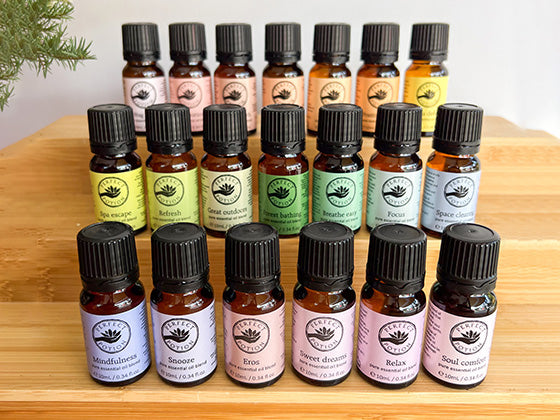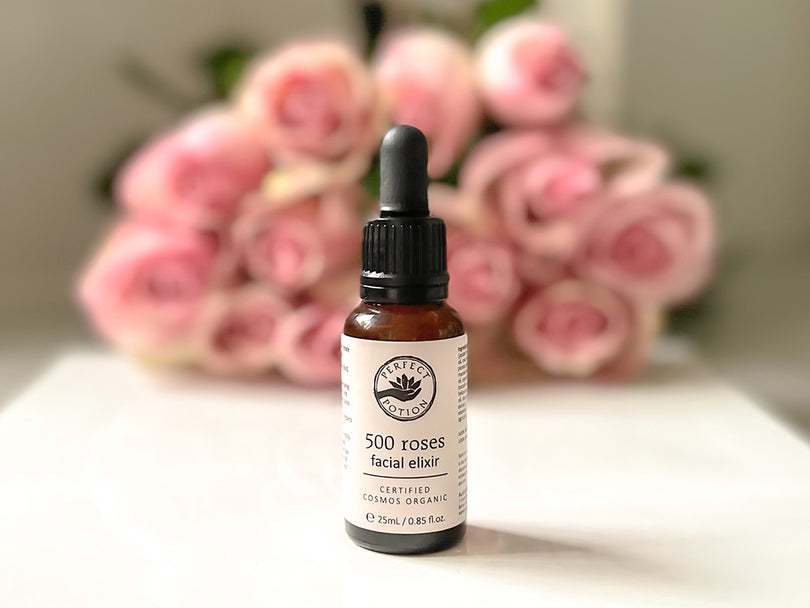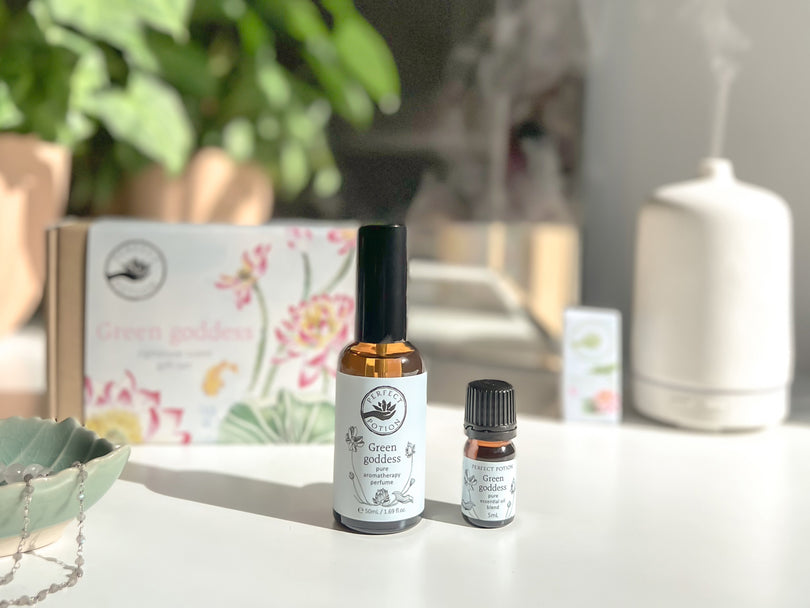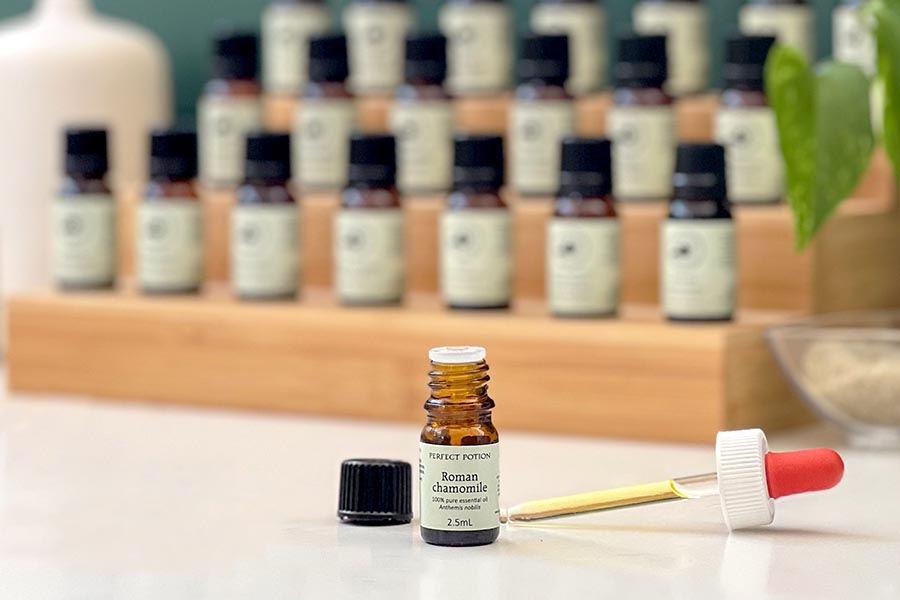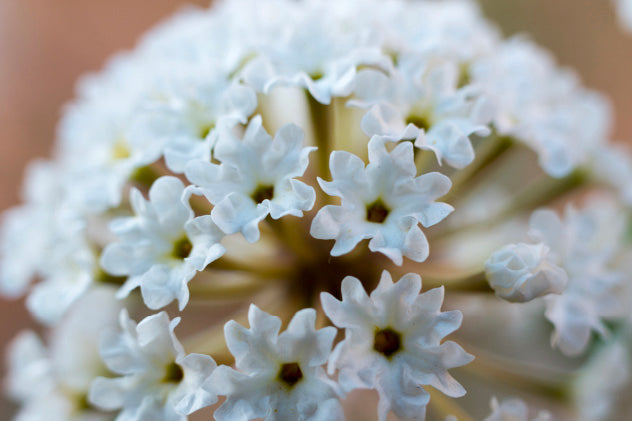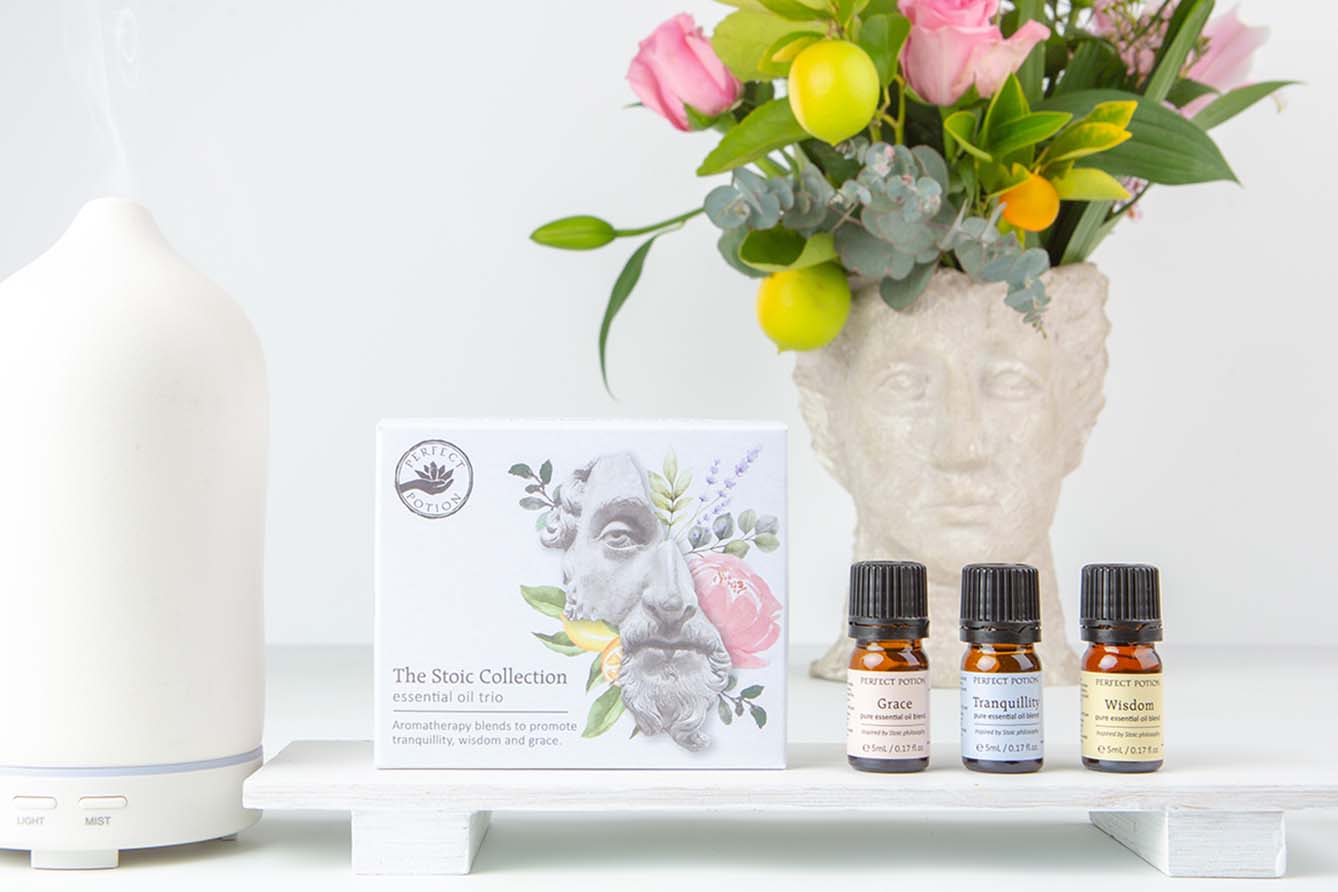With over 35 years of experience in the aromatherapy industry as an aromatherapist, educator and supplier of essential oils I have been able to ensure Perfect Potion sources the highest quality essential oils sourced from local and international farmers.
Everyone claims to have the best quality essential oils, but when it comes to explaining what they mean by quality, it becomes very confusing. You see, the biggest problem is that aromatherapists are not the only users of essential oils.
Essential oils are extensively in:
- food flavouring
- perfumery and fragrances
- pharmaceutical preparations
- chemical manufacturing.
Each of these industries has established its own set of criteria for defining the quality of an essential oil, and while they all claim to use pure essential oils, the standards are very different to that for authentic aromatherapy.
There are even standards set out by international organisations such as ISO (International Organisation for Standardisation) for essential oils. While these standards were initially set up to ensure the quality of an essential oil, they only exacerbate the problem as they establish guidelines for unconscionable companies to blend their oils to meet the chemical profile of the standard and this is sadly a common practice. Also be very wary of pseudo made-up standards eluding that the essential oils are of a therapeutic grade, as no such standard really exists.

I recall having an encounter with an auditor who once stated our eucalyptus oil did not meet the BP (British Pharmacopeia) specification, another standard often used in the pharmaceutical industry. The auditor claimed that I should have rejected the oil; however, I also knew our eucalyptus oil was authentic and locally distilled and argued with the auditor that I would rather sell an essential oil that was botanically pure and geo-specific (that is, grows in a specific region), rather than selling an essential oil that had been blended or worse still had aroma-chemicals added to it.
Which brings me back to my original question - how do we identify the purity of an essential oil for use in aromatherapy?
Having comprehensive quality assurance and GMP standards is a good start, and here at Perfect Potion we have been often commended by many auditors for having the best aromatherapy manufacturing facilities in Australia with comprehensive quality assurance systems. Our strict quality assurance system includes comprehensive in-house quality control testing to ensure you have access to the purest and highest quality essential oils in the world.
However, it is also very important to know the source of your essential oil. At Perfect Potion we go out of the way to ensure that every batch of essential oil meets the following guarantees:
- Certified botanical species: To use the common English plant name can be misleading. It is important to guarantee the correct botanical species and list both the English name and full botanical name.
- Chemotypes: The same botanical species can often produce an essential oil with different chemical constituents. So we will specify the chemotype of essential oil where it is applicable as is the case for basil which is the linalool chemotype and rosemary is the 1,8-cineole chemotype.
- Specifying country of origin: Often an essential oil from a particular area is of superior quality. The oil becomes known by the area it comes from. This may be due to the environment, the genetics or the method of extraction used.
- Defining the method of extraction: Often an essential oil may be produced by more than one method of extraction or is fractionally distilled, thus yielding essential oils of different chemical composition and quality. For example, cold pressed lime is far more superior to the distilled lime oil. In the case of ylang ylang we ensure we provide the ‘complete’ as it is whole and has not been fractionated or separated.
- Defining part of plant used: The plant part used to produce the essential oil is also specified - seeds, leaves, flowers etc, as different parts of the plant will produce essential oils of varying quality, characteristics, and aroma. For example, there is a big difference between clove bud essential oil and clove leaf, or between cinnamon bark and cinnamon leaf.
- Cultivation methods: Where possible wild grown plant distilled oils are selected. If not, we will source certified organic essential oils or we deal with producers who will provide us with authentic essential oils that are.
- Analysis: Far too much emphasis is often placed on the GC/MS of essential oils alone. However, it is reassuring to ensure that each batch of essential oils comes with its own individual GC/MS as it is another way of validating the purity of the essential oil. However, the GC/MS will not be able to tell if an essential oil has been blended with oils from different countries or regions. Sadly, this is something that commonly happens in the essential oil industry.


